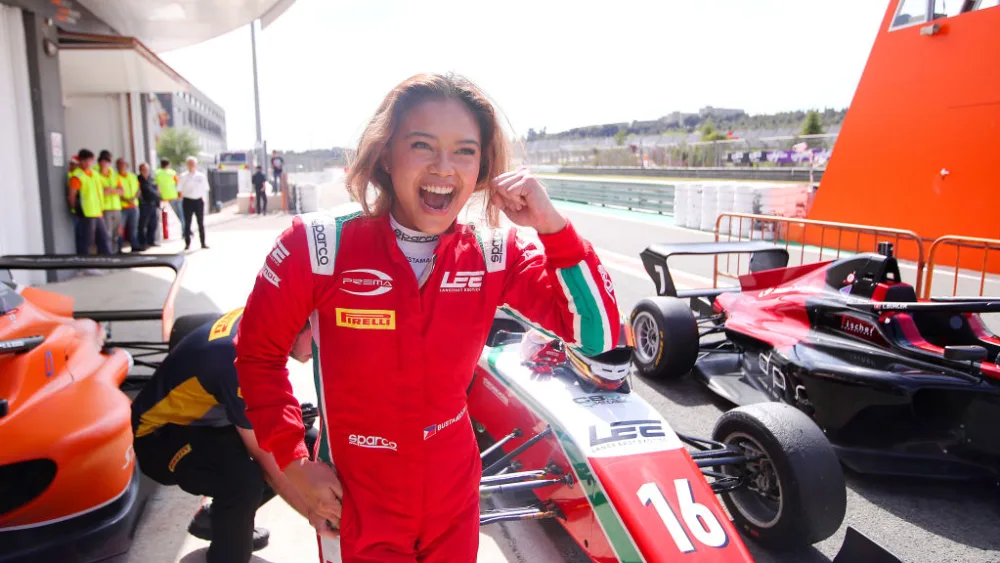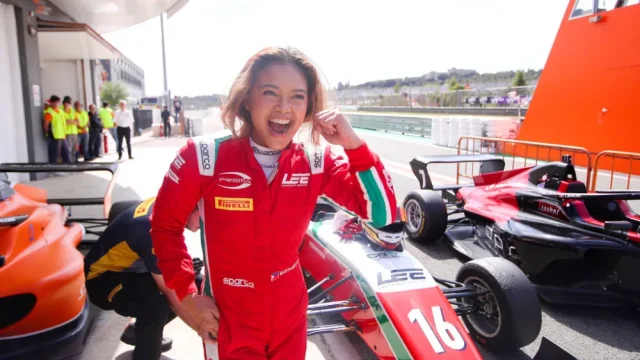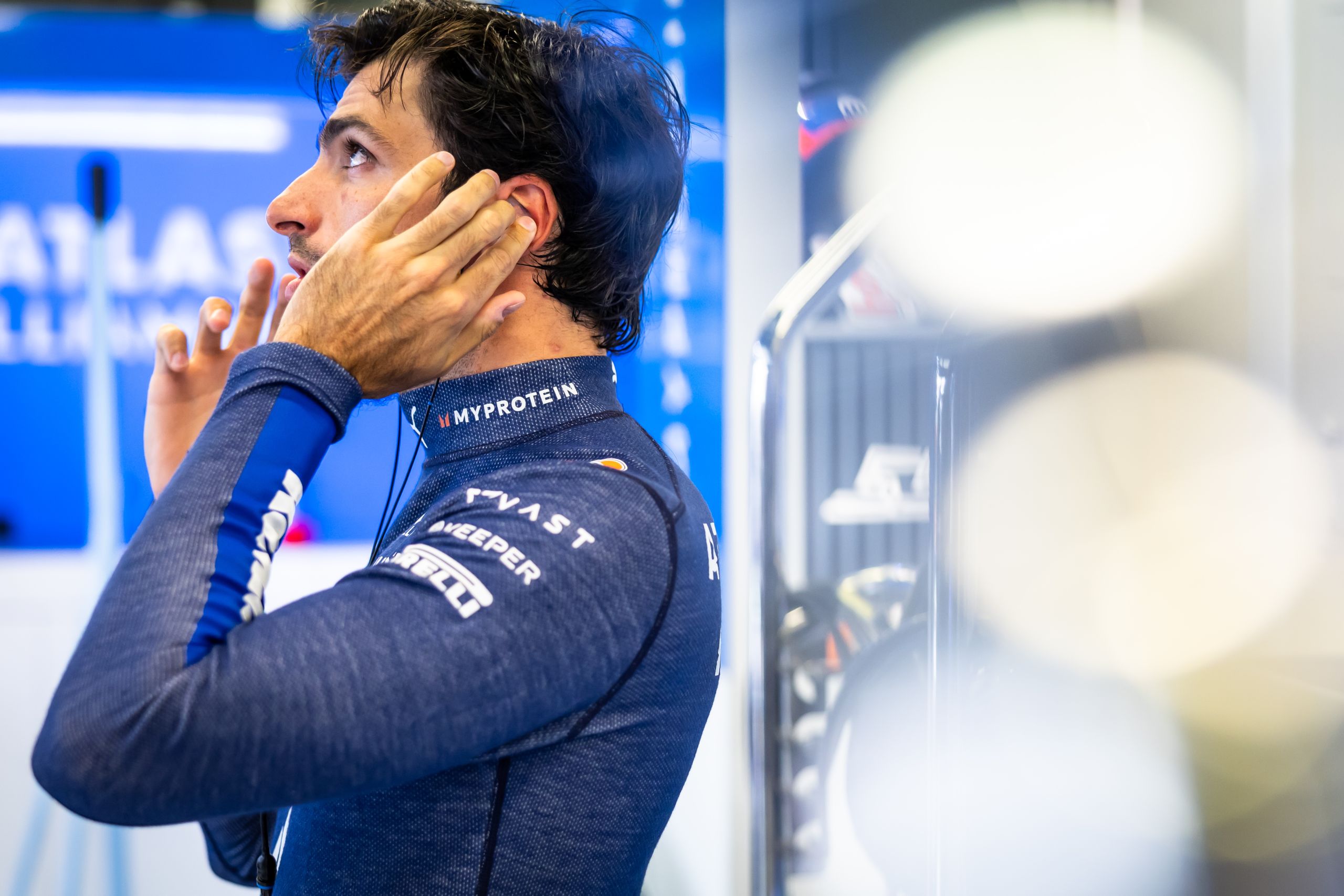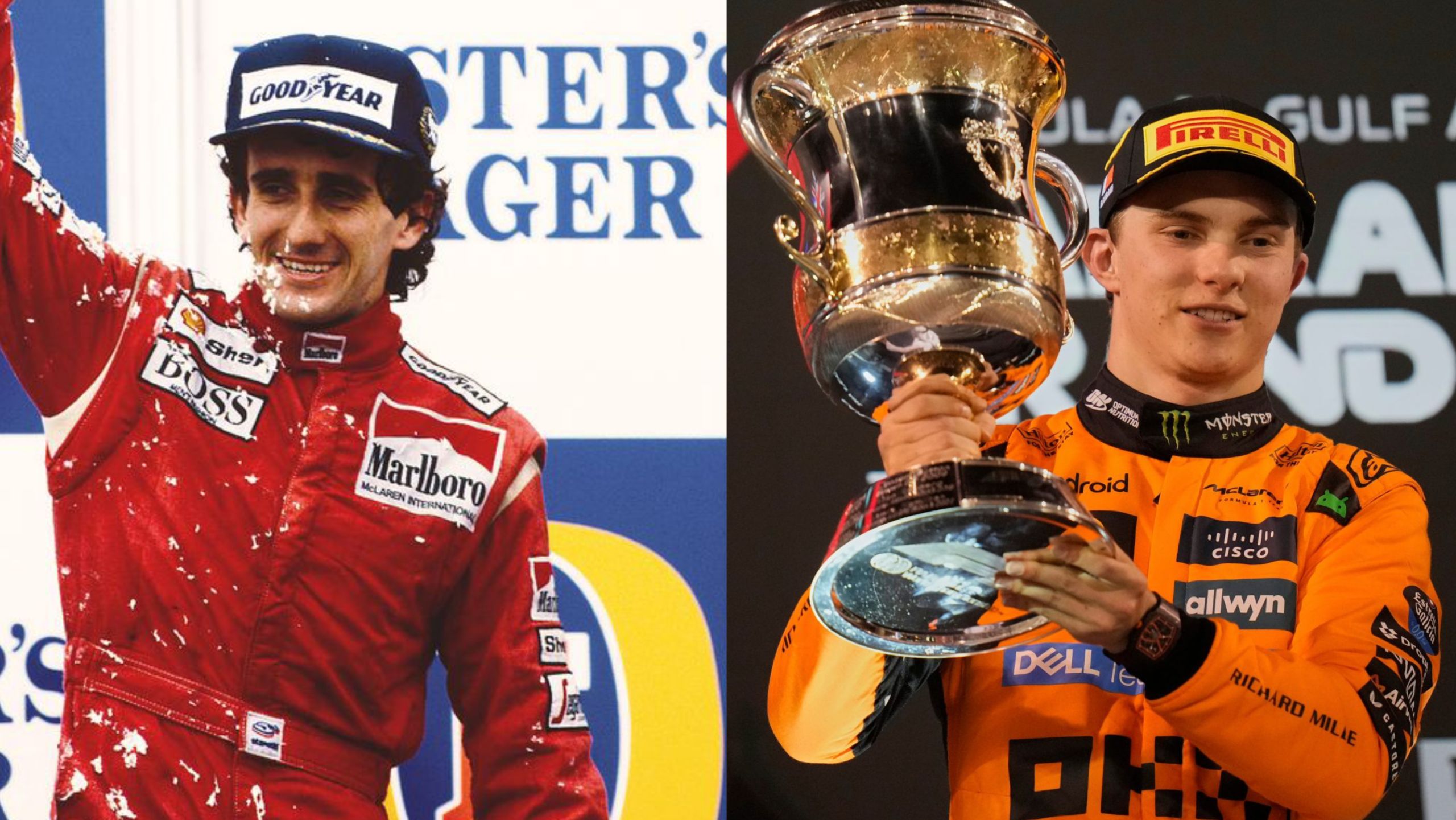F1 Academy: A Game Changer for Women in Motorsport


For decades, Formula One remained a male-dominated sport. While women such as Susie Wolff (Managing director of F1 Academy) and Danica Patrick carved their names in motorsport history, a female driver on the F1 grid remained a distant dream. However, the tide is turning. Launched in 2023, the F1 Academy is proving to be a game-changer, offering a crucial platform for young female drivers to hone their skills and climb the motorsport ladder.
Breaking Down Barriers: The F1 Academy Effect
The F1 Academy addresses a significant barrier for aspiring female racers, access and opportunity. Traditionally, junior formula series have been expensive, making it difficult for talented women to compete. The F1 Academy offers a more level playing field. Here’s how it’s making a difference:
- Structured Pathway: The academy provides a structured pathway for young female drivers, bridging the gap between karting and the higher tiers of motorsport. It offers a season of competitive racing with professional teams, giving them valuable experience and exposure.
- Technical & Physical Training: F1 Academy goes beyond just racing. It offers comprehensive training regimes encompassing physical conditioning, mental preparation, and technical knowledge. This holistic approach equips these young women with the tools needed to succeed at the highest level.
- Increased Visibility: The academy has thrust female drivers into the spotlight. Races are held alongside F1 Grand Prix weekends, garnering significant media attention. This visibility inspires younger girls and encourages sponsors to invest in women’s racing.
Stars on the Rise: The F1 Academy Graduates
The impact of the F1 Academy is already evident. Let’s take a look at some of the rising stars who are making waves:
- Bianca Bustamante (Philippines): A rising star, Bustamante joined the F1 Academy for its inaugural season (2024). Her talent has shone through, and she secured a coveted seat in the ROKiT British Formula 4 championship race in Zandvoort alongside being part of the McLaren Academy. Her impressive performances highlights the depth of talent the academy is nurturing.
- Marta Garcia (Spain): 2023 Champion. Garcia began the season at the Red Bull Ring, taking pole position for races 1 and 3, then winning those races. At Circuit Ricardo Tormo, García qualified in pole position for races one and two; however, she was later judged to have track limit infringements during the first qualifying session and lost pole position for race one. During the final round at Circuit of the Americas in race one of three of the weekend, García secured the inaugural F1 Academy championship. She ended the season with seven wins and five poles, the most of any driver on that lineup.
- Maya Weug (Netherlands): Weug, a Dutch driver who impressed in the inaugural F1 Academy season, has shown her talent at the 2023 Constructor Champions PREMA team. Her consistent finishes and strong racecraft suggest a bright future ahead.
These are just a few examples. Other drivers such as Abi Pulling (UK) of the Alpine academy and Chloe Chambers (USA) of Haas are also making their mark, showcasing the breadth of talent emerging from the F1 Academy.
Beyond Individual Success: A Broader Impact
The impact of the F1 Academy extends far beyond individual success stories. It’s inspiring a cultural shift within the motorsport industry:
- More Inclusive Environment: The academy is fostering a more inclusive environment in F1. Young girls can now see a clear path to the top level, knowing that gender isn’t a barrier.
- Shifting Sponsorship Landscape: With talented female drivers emerging, the perception of women in motorsport is changing. Sponsors are starting to see the value of investing in female racers, which will further fuel their ascent.
- Encouraging Grassroots Development: The F1 Academy acts as a beacon for young girls interested in motorsport. It inspires them to participate in karting and other developmental series, creating a stronger talent pool for the future.
Challenges and Road Ahead
While the F1 Academy represents a significant step forward, challenges remain. Here are some key areas to consider:
- Sustainability: Ensuring the long-term sustainability of the academy will be critical. Consistent support from F1 and securing sponsorships will be crucial to provide ongoing opportunities for aspiring women drivers.
- Progression Pathway: Creating a clear and accessible progression pathway beyond the F1 Academy is vital. Partnerships with higher-tier teams and series will allow these talented drivers to continue their upward trajectory.
- Shifting Stereotypes: Changing ingrained perceptions about women in motorsport is an ongoing battle. Continued success stories and media focus can help break down stereotypes and create a truly inclusive environment.
Outside of F1 Academy
Sophia Floersch (Germany): A familiar name in motorsport, Floersch has made a name for herself in Formula 3. Her aggressive driving style and impressive results have seen her progress to the competitive Formula 3 series in 2024. Floersch is a force to be reckoned with and a role model for aspiring young racers.
A Brighter Future for Women in F1
The F1 Academy is a revolution in the making. By providing a platform for young female drivers to develop their skills and showcase their talent, it’s paving the way for a more inclusive future in Formula One. With continued support, the academy can be the catalyst for seeing a female driver on the F1 grid in the not-so-distant future. The stars of the F1 Academy like Bianca Bustamante and Maya Weug are not just future contenders, they are the present. Their talent and dedication are already inspiring a generation and rewriting the narrative of women in motorsport. While challenges remain, the F1 Academy has sparked a flame of hope. With unwavering support and continued progress, the dream of a female F1 driver championing the grid won’t be a dream for much longer. It will be a reality.





